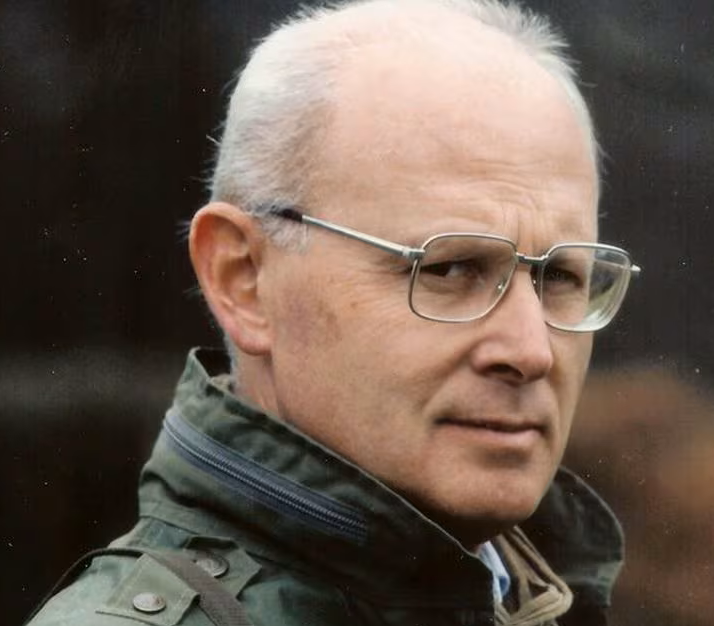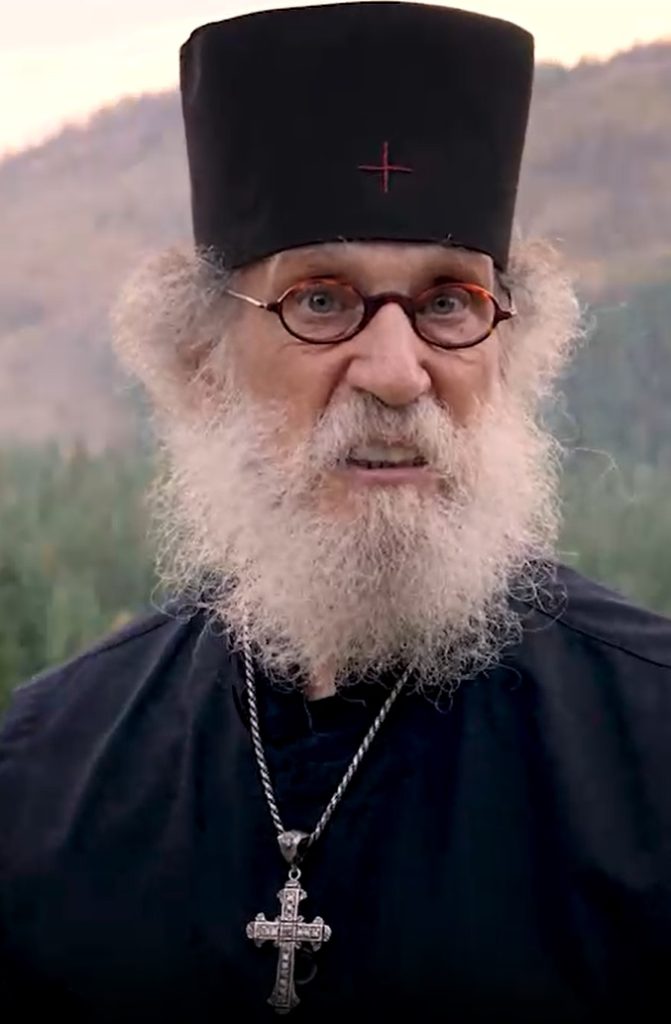
In my earlier article, “America and the Collapse of Politics,” I discussed the 2013 suicide of Dominique Venner, arguing that his death is paradigmatic of the nihilism of the far-right, with their rejection of a polis based on sacramental ordering. My basic argument was that because Christ has come, there can be no going back to the old pagan civic virtues, whether the heroic manliness of Faust and Prometheus, nor the civic virtues of the old Roman republic, nor the vitalism of the Homeric warrior. Whatever limited value these pre-Christian ideals may once have contained, they are no more accessible to us now than is pre-Christian Judaism. David Bentley Hart makes this point so well in “Christ and Nothing“: with the death of the old mythos at the incarnation, everything was transformed, so that a resuscitation of pre-Christian religion, metaphysics, or even politics, is more than merely anachronistic; it is nihilistic.

Again, that was the thesis (or one of them) of my article, “America and the Collapse of Politics.” I mention this again now because, on the eve of Orthodox Pentecost, Nathanael Kapner (an online preacher of hate who goes by the title “Brother Nathanael”), took his racial political theories to new heights of insanity, calling for the establishment of “a White Ethnostate.” Borrowing from the Nazi playbook, his latest propaganda features images of white female models alongside calls for racial purity, admonitions against interracial marriage, a string of tweets shaming mixed-race couples, and calls for the establishment of an America structured along ethnocentric lines. I have put screenshots of this sickening propaganda in an update at the end of my older article, “Assessing Brother Nathanael’s Racial Political Theories.”
The truth is that there can be no turning the clock back on Pentecost. Consequently, attempts to achieve a Christian state based on ethnic purity can never end well. If Nathanael Kapner and other far-right activists are successful in establishing a Christian ethno-state, the result will not be a glorious Carolingian-type kingdom, nor an American version of the Byzantine empire. It will be brutal witch-hunting, public lynching, and the balkanization of our country into waring factions.
What Dominique Venner failed to realize, and what Nathanael Kapner refuses to see, is that now that Christ has come, the only viable organizing principle for the polis is the Eucharist. (Spoiler alert for those who haven’t read my book: the Eucharist does have political implications.) But the Eucharist is international without being globalist; it celebrates true diversity without lapsing into a multicultural monism (remember, at Pentecost, everyone did not start speaking the same language; rather, everyone could hear the apostles in their own tongue; diversity continued but without the sting of division).
Venner inadvertently testified to the power of the Eucharist by choosing to kill himself on the altar of Notre Dame, a tragic empty sacrifice that rejects the True Sacrifice and the power of sacramental ordering. That Venner’s last gesture recognized—perhaps only instinctively—the power of the Mass, points to a larger problem of the radical right: after the Incarnation, there can be no going back to the glories of paganism, whether the pre-Christian virtues of the old Roman statesmen like Cicero or the martial virtues romanticized by Homer, or the tribalism of an ethnocentric political order. Indeed, as Dominique Venner’s suicide reminds us, the attempts to resuscitate a pre-Christian political ideals (and this would include ethno-nationalism) ultimately ends in death and despair.
Yet the ethnocentric political solution is not only false at the level of prescription; it is also wrong at the level of diagnosis. The human problem—and thus, the American problem—cannot be diagnosed as simply as Kapner would have us believe, as if moral and political decline follows as the necessary consequence of ethnic impurity. (Not that I accept that ethnic purity is even a coherent concept. It is not, since Kapner treats “whiteness” as an ethnicity.) Solzhenitsyn got closer to the truth when he declared that the line separating good and evil is not racial, but runs through every human heart:
Gradually it was disclosed to me that the line separating good and evil passes not through states, nor between classes, nor between political parties either—but right through every human heart—and through all human hearts.
Solzhenitsyn also sheds light on the Nathanael Kapner phenomenon through his teaching on ideology. Throughout his writings, Solzhenitsyn exposes the character of the ideologue: someone who becomes victim of ideological possession and, gripped by the appeal of a simple idea, thinks he can explain everything with it. Just before the passage cited above, Solzhenitsyn describes how he himself had fallen under the spell of ideology in his communist days:
In the intoxication of youthful successes I had felt myself to be infallible, and I was therefore cruel. In the surfeit of power I was a murderer, and an oppressor. In my most evil moments I was convinced that I was doing good, and I was well supplied with systematic arguments.
Solzhenitsyn understood that for someone caught in the spell of ideology, arguments will not help because, ultimately, it is repentance that is required.
Update
A few days after writing the above article, someone texted me about the tweets from Brother Nathanael that I referenced above. “I don’t think it’s wrong or evil to support people starting a family. Especially amongst one’s own people/culture.” He is, of course, referring to Brother Nathanael’s calls to save America by procreating with white women.
Before I comment on this text, let me give you more context on the backstory. I know I referred readers to the update at the end of my previous post for screenshots, but in case you didn’t navigate over there, we’re discussing things tweets like this:
In addition to these, Kapner is also posting pictures shaming mixed race families. The reason Brother Nathanael problematizes mixed-race marriages is simple: he views spiritual struggle through the lens of race conflict.
Now for my response to the above text. I am not saying there is anything wrong with marrying your own race. The unbiblical part occurs in Kapner’s teaching that mixed-race couples are somehow complicit in moral degeneracy, or that spiritual struggle can be mapped over to racial struggle. (Ironically, this is the opposite side of the same coin from the new CRT-driven ideology, which also problematizes mixed race marriages.) Speaking as an Orthodox Christian, our church is an international movement; consequently, at any given parish you might have Greeks worshiping alongside Romanians worshiping alongside Coptics worshiping alongside Ethiopians worshiping along Slavic people, etc. In such a state of affairs, it is inevitable that people from different ethnic backgrounds will meet and want to get married. The only way to stop this is through some sort of apartheid, which is exactly what Nathanael Kapner advocates.
I’ll leave you with these words from St. Paul:
“There is neither Jew nor Greek, there is neither slave nor free, there is neither male nor female; for you are all one in Christ Jesus.” (Gal. 3:28)
Further Reading






